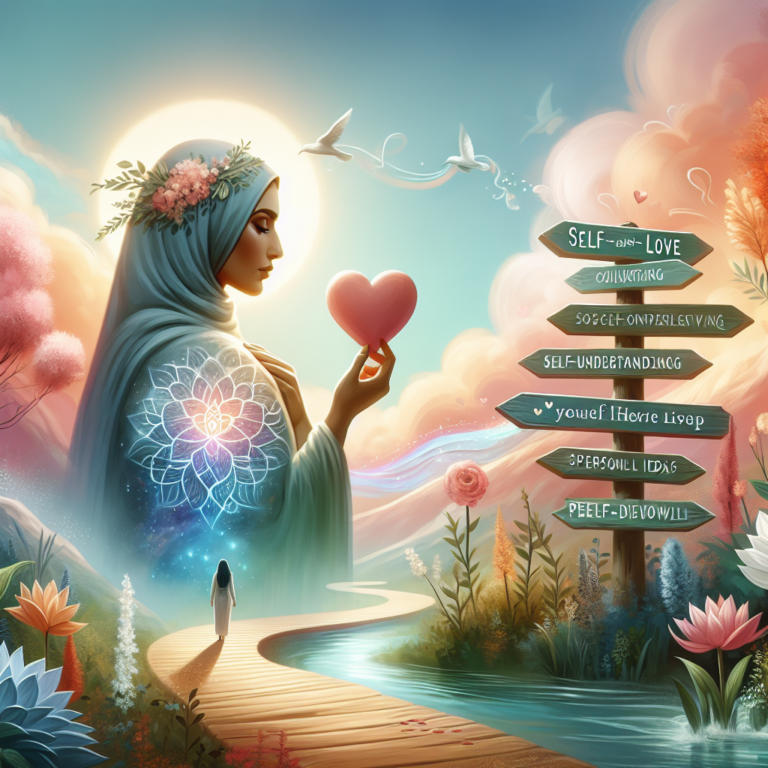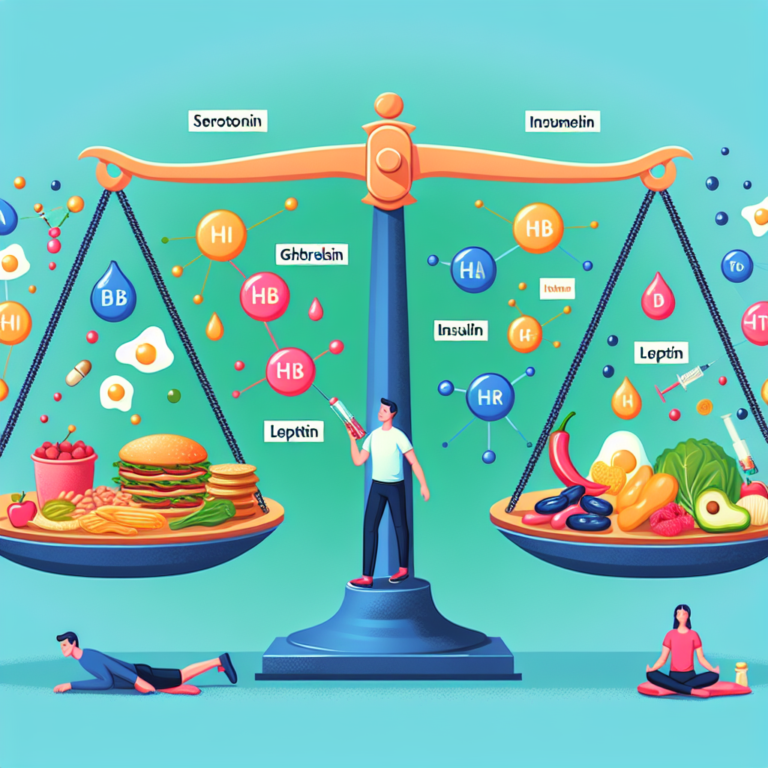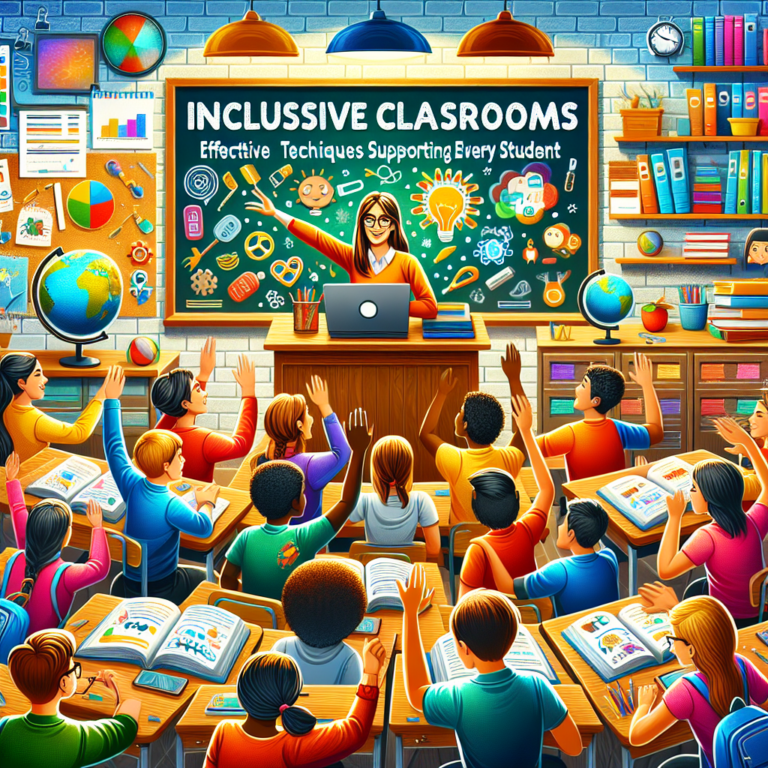
Introduction
Forgiveness is often viewed as a final destination, a state of mind achieved once we’ve let go of our anger and pain. However, this perspective can oversimplify the complex journey many of us undertake. The path from anger to acceptance isn’t just about saying "I forgive you"—it’s about engaging with our emotions, understanding our triggers, and ultimately transforming how we perceive our experiences. This article delves into the intricate dynamics of this journey, offering valuable insights and compelling case studies that highlight the real-world applications of moving from anger to acceptance through forgiveness.
Understanding Anger: The First Step
The Role of Anger in Our Lives
Anger is often seen as a negative emotion, yet it serves a crucial purpose in our emotional landscape. It’s a natural response to perceived wrongdoing, signaling that something is amiss. Recognizing anger as a valid emotion allows us to address the underlying issues rather than merely suppressing or ignoring them.
The Challenge of Holding Onto Anger
While anger can be a protective mechanism, holding onto it can be detrimental. Chronic anger leads to stress and health problems, and it can create barriers in relationships. The journey from anger to acceptance requires acknowledging this cycle, which often involves confronting uncomfortable feelings.
Case Study: Breaking the Cycle
Scenario: Sarah, a 35-year-old woman, harbored deep resentment towards her mother for a childhood incident. This unresolved anger impacted Sarah’s self-esteem and relationships.
Analysis: Sarah sought therapy, where she learned that her anger was a shield against her vulnerability. Gradually, she began to express her feelings in a safe environment, allowing her to process the pain. This marked the first step in her journey from anger to acceptance.
Anger’s Role in Forgiveness
In the context of forgiveness, anger can be seen as the catalyst that propels us towards healing. It forces us to confront our grievances, providing the necessary fuel to propel us on our journey. To move forward, we must first validate our feelings rather than suppress them.
The Journey Toward Acceptance
The Stages of Forgiveness
Forgiveness is often described in stages, allowing for a clearer understanding of the process.
- Acknowledgment: Recognizing the hurt and validating your feelings is crucial.
- Reflection: Trying to understand the other person’s perspective can soften the edges of anger.
- Empathy: Cultivating empathy for the person who hurt you is a powerful step.
- Letting Go: This involves consciously releasing the grip of anger, which can be the hardest part.
- Acceptance: Finally, acceptance allows for peace, enabling us to move on.
Tools for Navigating Your Journey
To effectively navigate the journey from anger to acceptance, a variety of tools can prove helpful.
- Journaling: Writing about your feelings can clarify your emotions.
- Mindfulness and Meditation: These practices help you become more aware of your thoughts and emotions, promoting a sense of peace.
- Therapy: Engaging with a mental health professional can provide guidance and support through the complexities of forgiveness.
Case Study: Finding Healing Through Empathy
Scenario: John, a 40-year-old man, struggled to forgive his business partner who embezzled funds. John felt rage, but it was also affecting his business and peace of mind.
Analysis: After much reflection, John sought to understand his partner’s background and motivations. This step of developing empathy shifted John’s focus from the betrayal to his partner’s struggles, facilitating his own healing. Embracing a deeper perspective played a pivotal role in John’s transition from anger to acceptance.
The Role of Community and Support in Forgiveness
Building a Support System
Having a support system can be invaluable during the forgiveness process. Friends, family, or support groups can offer perspectives and encouragement, helping you feel less alone during this transformative journey.
Open Communication
Talking about your feelings with trusted individuals can create a safe environment to process your emotions, thereby enhancing your ability to navigate the journey from anger to acceptance.
The Transformative Power of Forgiveness
As you move through the journey, you may begin to experience transformation in unexpected ways.
Emotional Relief
Letting go of anger can bring emotional relief, freeing you from carrying the burden of resentment.
Improved Relationships
Forgiveness often leads to healthier relationships. As you let go of past grievances, you create space for more authentic and supportive connections.
Personal Growth
The journey from anger to acceptance also fosters personal growth. Through forgiveness, you learn resilience, compassion, and the ability to understand different perspectives.
Conclusion
The journey from anger to acceptance is filled with ups and downs, but it’s a vital process for personal healing. By acknowledging your anger, practicing empathy, and employing supportive tools, you can transform your pain into understanding. Remember, forgiveness is not just for the one who has wronged you—it’s a gift you give yourself. Embrace the journey, and you may find not only acceptance but also unexpected joy.
FAQs
1. What if I’m not ready to forgive?
It’s okay to take your time. Forgiveness is a personal journey and cannot be rushed. Acknowledge your feelings and seek support if needed.
2. How can I convince someone to forgive me?
Focus on genuine remorse and understanding how your actions affected the other person. Open communication can facilitate healing.
3. Is forgiveness a sign of weakness?
No, forgiveness is a strength. It requires courage to face your feelings and to seek understanding.
4. What if the person I need to forgive is no longer in my life?
You can still forgive internally. Write a letter expressing your feelings, even if you don’t send it. This can be cathartic.
5. How can I avoid repeating the same mistakes?
Self-reflection and learning from past experiences are key. Engaging in therapy or support groups can help reinforce healthier behaviors.
Navigating the journey from anger to acceptance through forgiveness is a deeply personal process that can yield profound benefits for your emotional well-being and relationships. Embrace the journey, and let forgiveness be your guide towards a brighter, more peaceful future.















